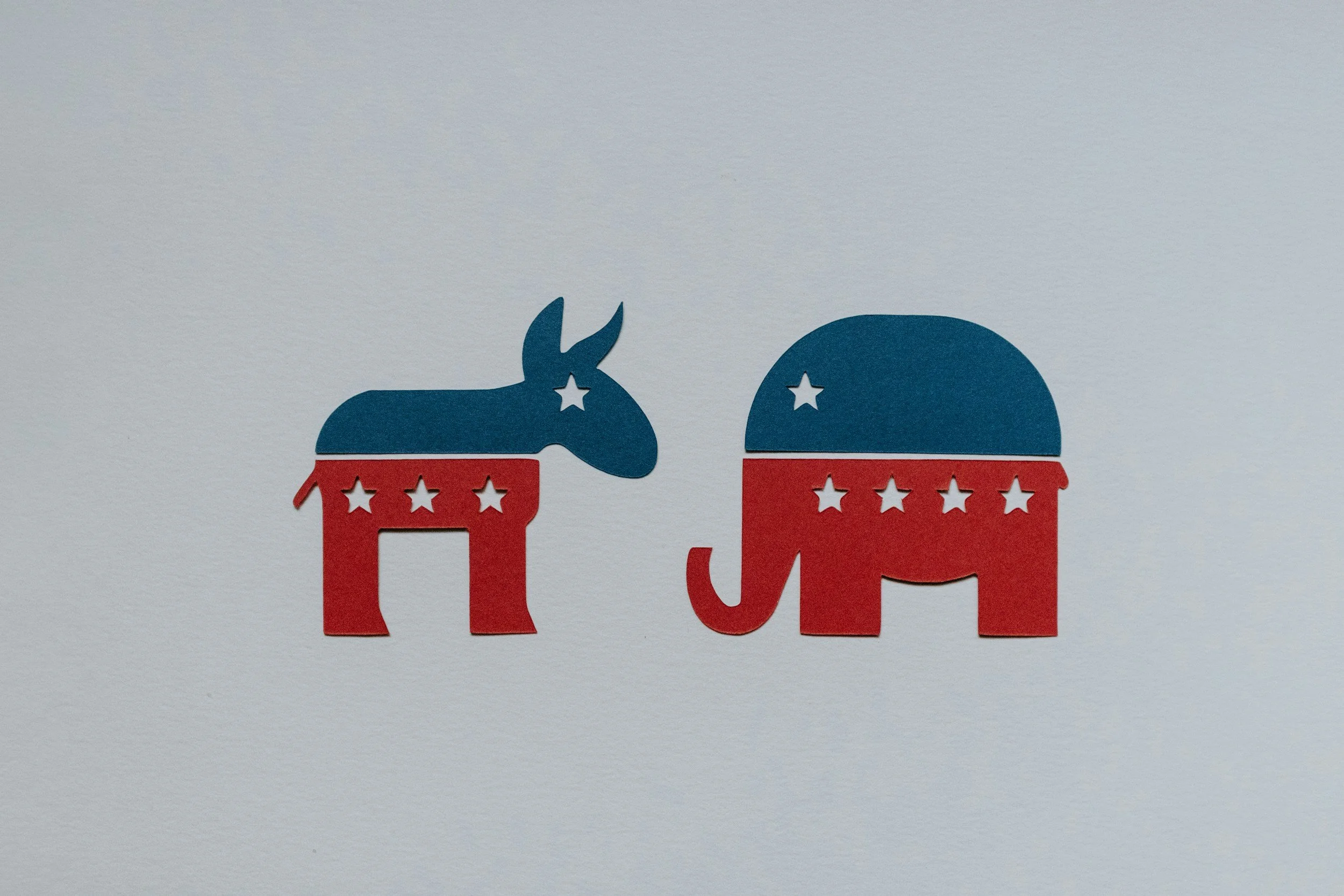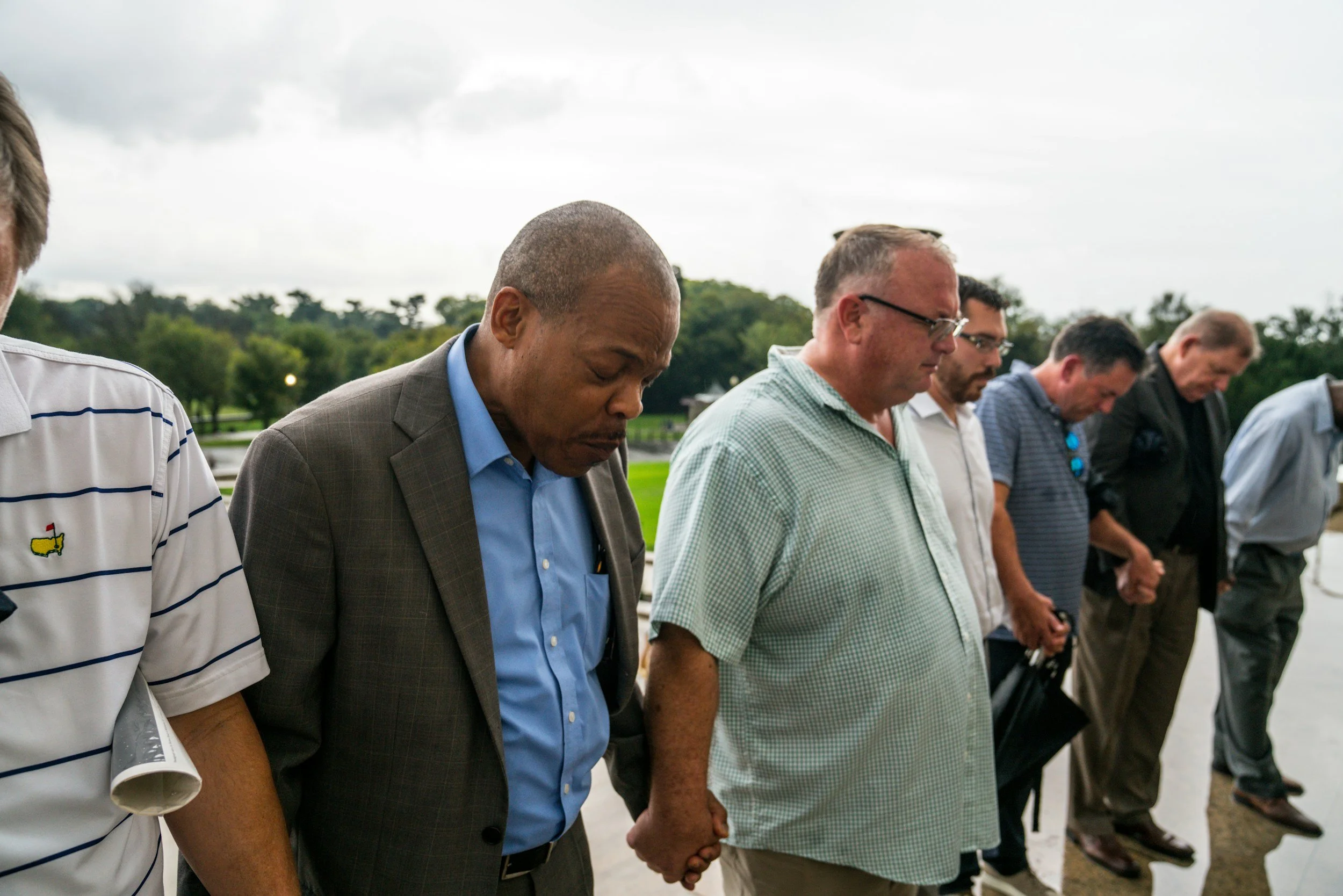When a Life Is Cut Short, the Echoes Are All of Ours
The shocking assassination of conservative commentator Charlie Kirk and the swift arrest of a suspect have consumed the news cycle this week. Like many people who don't spend much time on TV or social media—which I can tell you is a bliss—I first heard his name only when my teenage sons asked what I thought of the killing and of the political climate that may have surrounded it.
Like many Americans, I wasn't deeply familiar with Charlie Kirk's work before this tragedy thrust him into national headlines. What I've learned since is that he was a prominent conservative activist who co-founded Turning Point USA when he was only 18, dropping out of community college to teach himself and build it into one of the largest conservative youth organizations in America. Many of us can learn from that spirit.
Kirk championed a what is often called “conservative” agenda, including limited government and free-market economics, strict immigration controls and border enforcement, traditional family structures, while opposing LGBTQ+ rights expansion, and a Christian nationalist perspective that emphasized Christianity's role in American governance. He built a following through campus debates, where his experience and conviction often gave him an advantage over younger, less prepared opponents, who often are college students.
None of that, of course, justifies his killing.
Violence is as old as humanity—scripture records it, history repeats it—from personal revenge to state-sanctioned executions and mass atrocities. Yet the fact that humans have long rationalized killing doesn't make it anything but tragic. Taking a life, whether through crime or legal laws (i.e., the death penalty), never resolves the conflicts that spark it; it only deepens the wounds and creates new ones that echo through generations.
When Discourse Becomes Combat
Something is intoxicating about watching a skilled debater dismantle their opponent's arguments. It feels like justice, like truth prevailing. But when I watched some of Kirk's campus debates after learning about his death, I also saw something troubling beneath the surface.
Debate, at its core, is about power—the power to make someone else look foolish, to claim intellectual victory, to dominate the conversation. While Kirk was clearly gifted at this, and while many of his arguments were compelling, this dynamic extends far beyond campus quads or YouTube channels. It has infected our entire political system, where the goal isn't collaboration or compromise, but victory over the other side.
Politicians today seek not just to express their views, but to obtain the power to impose those views on others, first through debates during elections, then through the government that they run. The problem is that when one group exercises power over another —even through legitimate democratic means—it often breeds the very resentment and anger that leads to more conflict, not less.
The Cycle That Traps Us All
We've created a system where political engagement means picking a side and defeating the other side, seeing others as enemies. Conservative voices rally their base by "owning the libs." Progressive voices mobilize supporters by exposing right-wing "hypocrisy." Each side's victories feel existential to the other.
This path isn't sustainable. When politics becomes warfare, actual violence becomes more likely, not less. The tragic event of this week—following the recent political killings of Minnesota state legislator Melissa Hortman and her husband, along with the shooting of state Senator John Hoffman and his wife—is a stark reminder of where this path leads, not to the triumph of ideas, but to the silencing of voices, the shattering of families, and the deepening of the very divisions we claim to want to heal.
What We Lose When We Forget Our Humanity
Behind every political label is a parent, a child, a person with hopes and fears. Charlie Kirk was someone's son, someone's father, someone's husband. His family now faces an unimaginable loss that transcends any political disagreement. His children will grow up without their father's voice, his wife without her partner, his parents without their child.
But this grief extends beyond one family. Every day, families across America are torn apart by political divisions and violence that have consumed our capacity for basic human decency. We're so busy fighting each other that we've forgotten how to care for each other. We've forgotten that the person on the other side of the political divide shares our fundamental desires for safety, belonging, and a better future for their children.
A Different Path Forward
What if, instead of seeking to defeat each other, we tried to understand each other? What if political engagement were about finding solutions rather than scoring points?
This doesn't mean abandoning our principles or pretending all viewpoints are equally valid. It means recognizing that behind every political position is a human being with genuine concerns and experiences that led them to their conclusions. It means approaching disagreement with curiosity rather than contempt.
The students at the University of Utah who came together across party lines after this tragedy offer a glimpse of what's possible. Instead of retreating to their respective corners, they chose unity over division, healing over blame. They understood something profound: that our shared humanity is more powerful than our political differences.
The Choice Before Each of Us
We can respond to this tragedy with more anger, more finger-pointing, more calls for ideological warfare. Or we can pause and reflect on how our political culture contributed to this moment.
Every time we share content designed to humiliate the other side, every time we reduce complex human beings to political caricatures, every time we treat politics as a zero-sum game, we contribute to a culture that dehumanizes those who disagree with us. We poison the soil in which violence can grow.
But we also have the power to do the opposite. We can choose compassion over contempt. We can listen instead of lecturing. We can seek to understand before seeking to be understood.
Finding Our Way Back to Each Other
Real change doesn't come from defeating our opponents—it comes from transforming the conditions that create opposition in the first place. This means:
Choosing curiosity over certainty. Instead of assuming we know why someone believes what they believe, we can ask. We might discover that their fears and hopes aren't so different from our own.
Prioritizing people over politics. Our neighbors, coworkers, and family members are more than their voting records. They are complex human beings worthy of dignity and respect, regardless of how they mark their ballots.
Building bridges, not walls. Finding common ground doesn't require abandoning our values—it requires expanding our definition of community to include those who see the world differently than we do.
The Legacy We Choose
Charlie Kirk believed deeply in his vision for America, even when others disagreed with that vision. His death is a tragedy not just for those who shared his beliefs, but for all of us who believe in the power of words over violence, of dialogue over destruction.
The question now is what kind of future we want to create. Will we allow this event to deepen the divisions that already fracture our society? Or will we wake up and choose a different path?
The stakes couldn't be higher. We can continue down this road of escalating political violence, or we can choose to build something better.
The choice is ours. The time is now.
Our democracy depends not on defeating one another, but on remembering that we're all human beings working together to build a better life and future for ourselves and our children. That life and future are only possible if we build it together—not as enemies separated by ideology, but as neighbors united by our shared hopes for tomorrow.




